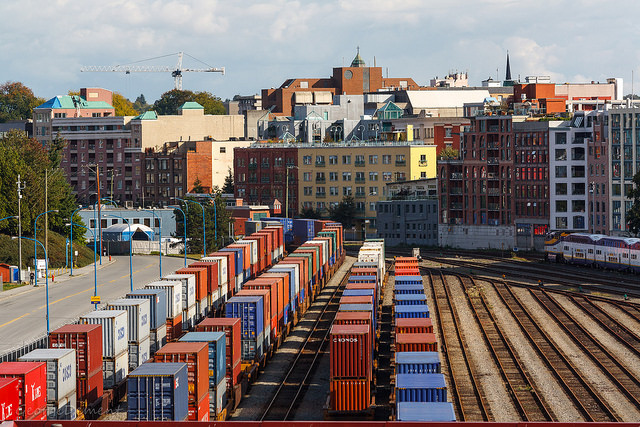The Canadian province of Nova Scotia would like to double its intake of immigrants by 2020 to offset looming skills gaps as the working age population dwindles.
Nova Scotia will invest an extra $790,000 in attracting skilled migrants under a new immigration strategy introduced by Premier Darrell Dexter.
Dexter said the province is aiming to attract 7,200 immigrants a year by 2020, doubling current levels of immigration.





